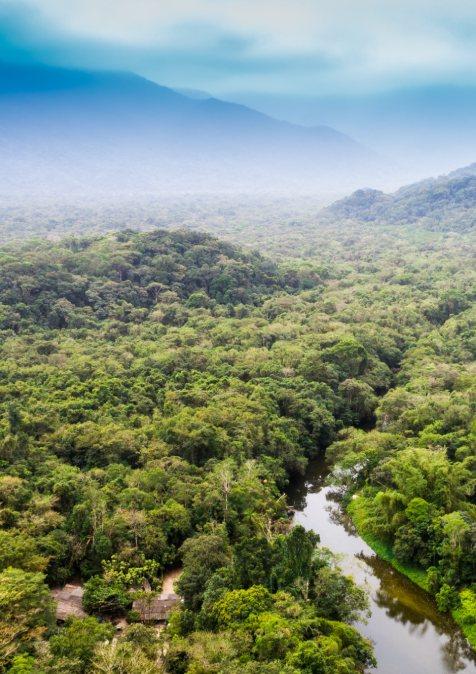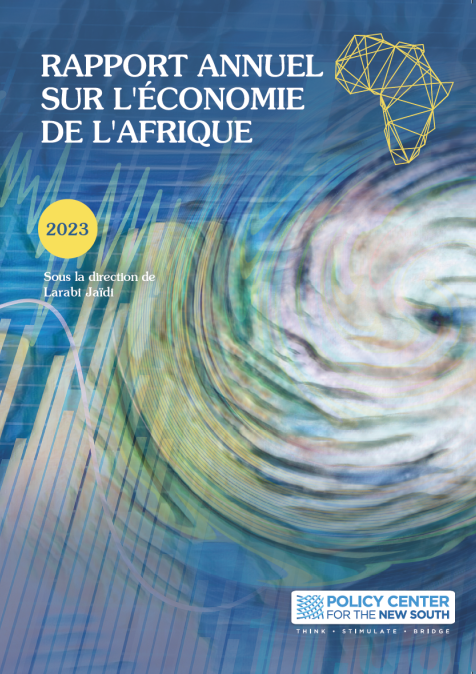Larabi Jaidi « La ZLECAF est un projet ambitieux…qui se heurte, toutefois, à des obstacles »
Senior fellow, Larabi Jaidi, nous fait part de sa perception du projet de la Zone de Libre-Echange du Continent Africain. A ce titre, il répond à un certain nombre de question, dont : Dans quelle mesure la ZLECAF pourrait-elle booster le commerce intra-africain et faire augmenter le PIB des pays du Continent ? et D’après des analystes, le succès de la mise en œuvre de la Zlecaf dépendra de l’issue des négociations sur les règles d’origine. Quel est votre pronostic à propos de ces négociations ? Il qualifie ainsi la ZLECAF de « projet ambitieux », « de long horizon dans le temps » mais qui est face, comme tout autre processus d’intégration, à un certain nombre d’obstacles qu’il faudrait lever. On en cite ; les obstacles tarifaires, qualité des produits, normes sanitaires, contrôle douanier, logistique, etc. Il souligne également le « grand obstacle à cet élargissement » [qui] réside dans la capacité de l’offre africaine ; diversification, et politique de développement dans chacun des pays pouvant générer une complémentarité de l’échange.











